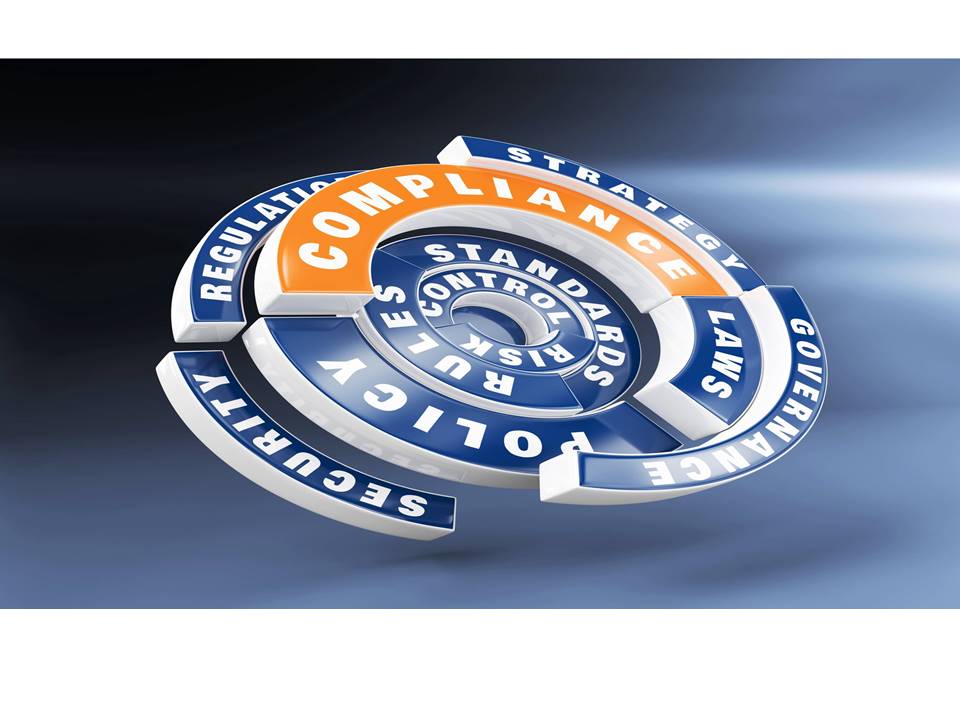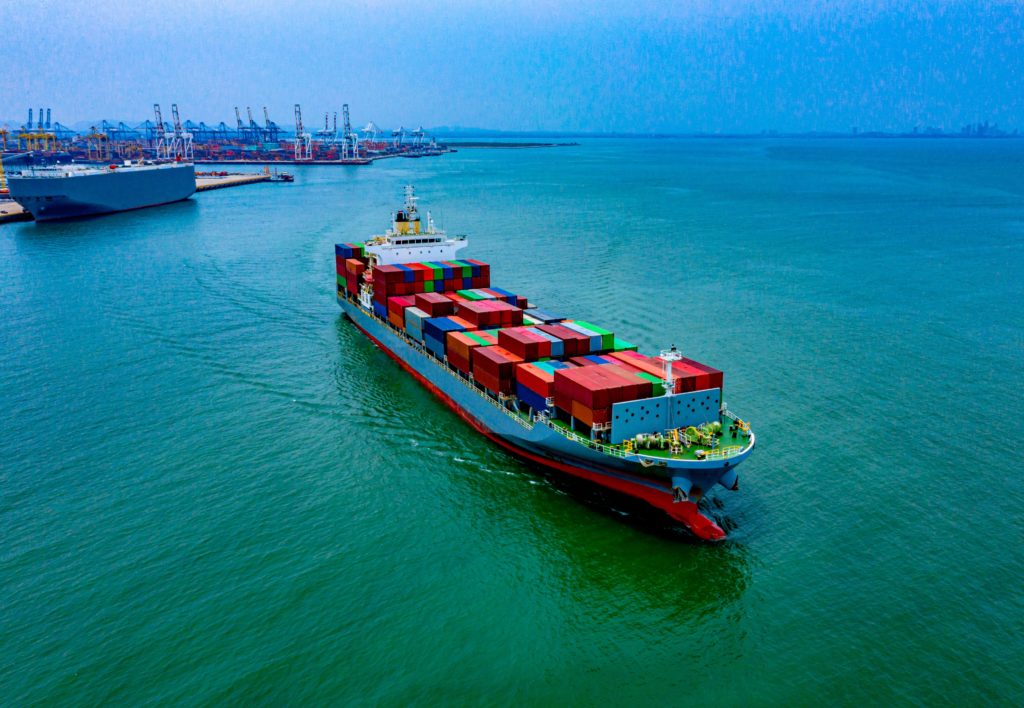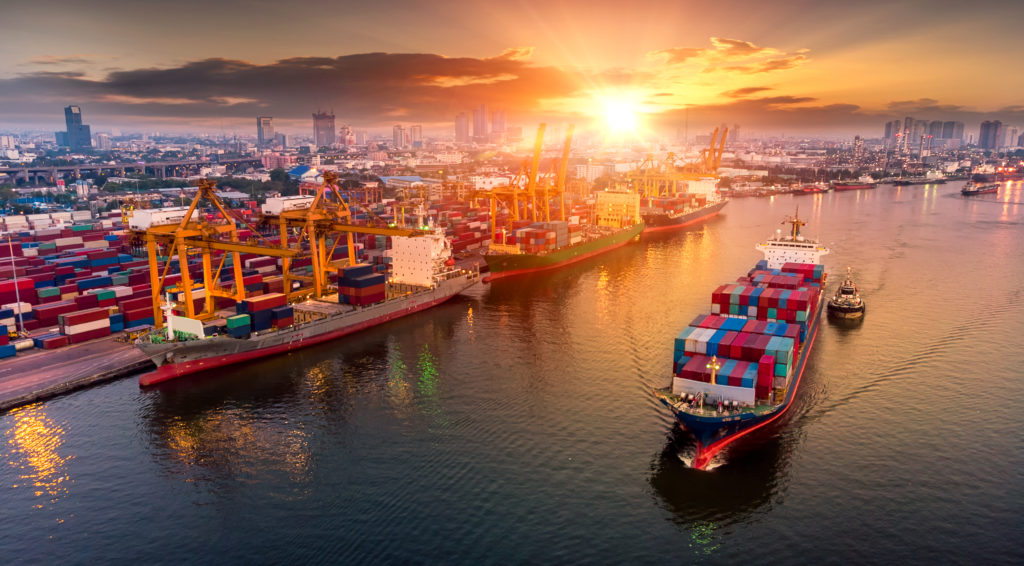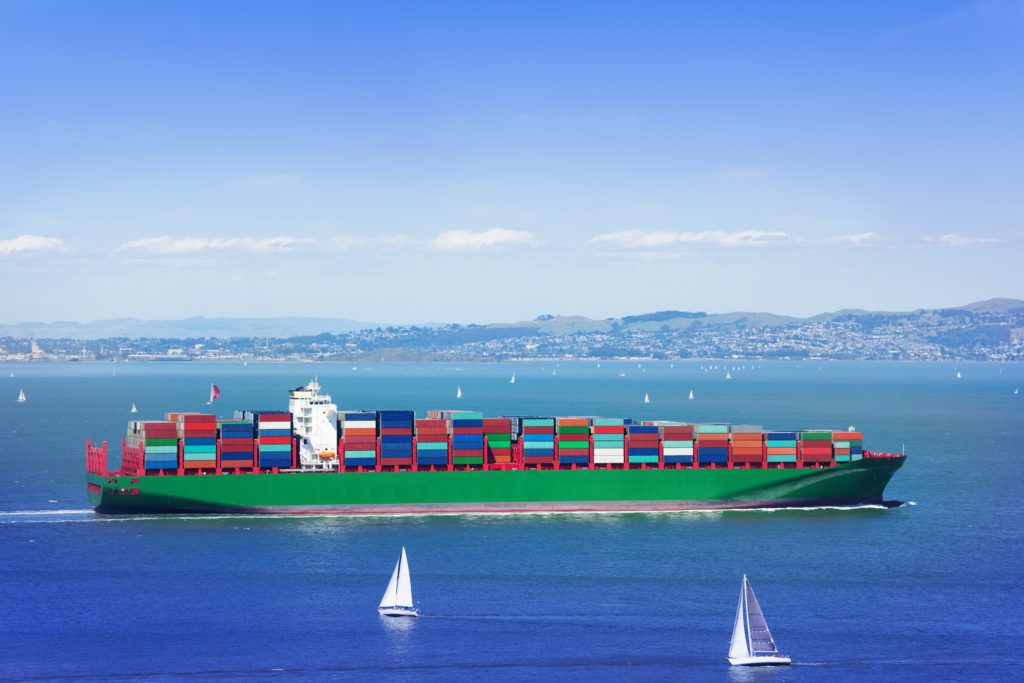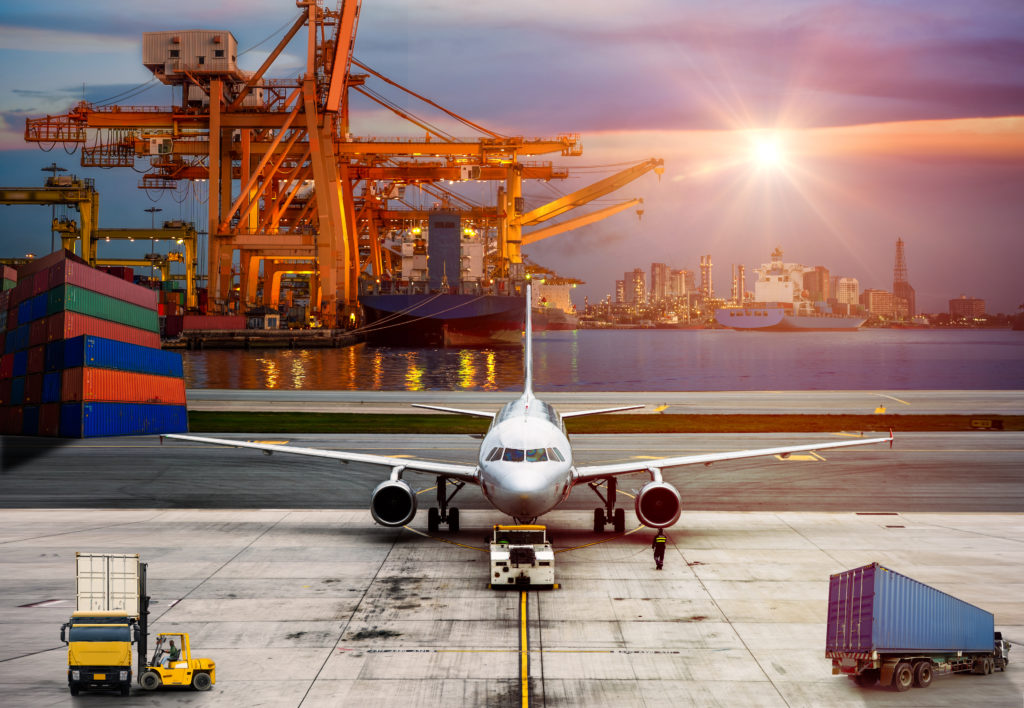Section 232
Trade Remedy Duties – Section 232
Tariffs on Aluminium and Steel
The tariffs are authorized under Section 232 of the Trade Expansion Act of 1962. These tariffs cover nearly all importation of steel and aluminum products into the United States. The justification under this law is that it is a national security need that the USA imports less steel and aluminum and therefore must have the ability to produce it domestically.
Please note that Section 232 measures are based on the country of origin, not the country of export. No drawback shall be available with respect to the Section 232 duties imposed on any aluminum or steel article.
Please monitor CBP website frequently for the most current information: Section 232 Tariffs on Aluminum and Steel
In-Depth Coverage: Trade Remedies
Section 232 and Chapter 98
Imports subject to Section 232 duties imported under subheading 9802.00.60 shall be assessed Section 232 duties based upon the full value of the imported article.
Subheading 9802.00.60
Any article of metal (as defined in U.S. note 3(e) of this subchapter) manufactured in the United States or subjected to a process of manufacture in the United States, if exported for further processing, and if the exported article as processed outside the United States, or the article which results from the processing outside the United States, is returned to the United States for further processing.
Imports of U.S. origin are not subject to Section 232 duties.
Section 232 and Foreign Trade Zones
Any steel articles imported from Turkey that were admitted into a United States foreign trade zone under “privileged foreign status” as defined in 19 CFR 146.41, prior to 12:01 a.m. eastern daylight time on May 21, 2019, shall be subject upon entry for consumption on or after such time and date to the additional 25 percent additional ad valorem rate of duty in heading 9903.80.01 in subchapter III of chapter 99 of the HTSUS.
Any steel or aluminum article, except those eligible for admission under “domestic status” as defined in 19 CFR 146.43, subject to the Section 232 duties, that is admitted into U.S. foreign trade zones on or after 12:01 a.m. eastern daylight time on March 23, 2018, must be admitted as “privileged foreign status” as defined in 19 CFR 146.41, and will be subject upon entry for consumption to any ad valorem rates of duty related to the classification under the applicable Harmonized Tariff Schedule (HTS) subheading.
Any steel or aluminum article, except those eligible for admission under “domestic status” as defined in 19 CFR 146.43, subject to the 232 duties, that was admitted into U.S. foreign trade zones under “privileged foreign status” as defined in 19 CFR 146.41, prior to 12:01 a.m. eastern daylight time on March 23, 2018, will likewise be subject upon entry for consumption to any ad valorem rates of duty related to the classification under applicable Harmonized Tariff Schedule (HTS) subheadings imposed by the Proclamations.
In-Depth Coverage: Country of Origin
- Country of Origin of Imported Merchandise
- Customs Ruling: Country of Origin
- Country of Origin: Food Products
- Country of Origin: Chemical and Pharmaceutical Products
- Country of Origin & Country of Manufacture: CBP vs. FDA
- Country of Origin: Substantial Transformation or Country of Assembly Test
- Country of Origin and Free Trade Agreement
- Country of Origin and Section 301
Aluminum or steel articles shall not be subject upon entry for consumption to Section 232 duties, merely by reason of manufacture in a U.S. foreign trade zone. However, articles admitted to a U.S. foreign trade zone in “privileged foreign status,” shall retain that status consistent with 19 CFR 146.41(e).
The merchandise covered by the additional duties and quota may also be subject to antidumping and countervailing duties.
As a privileged foreign status, the merchandise will be treated, for tariff purposes, in its condition at the time of admission to the zone, although the choice of that status need not be exercised at the time of admission. The election of privileged foreign status may be made after merchandise has been admitted to the zone provided that the merchandise has not been manufactured or manipulated in any way which may have effected a change in tariff classification.
In-Depth Coverage: Cosmetics Import Requirements
In-Depth Coverage: Customs Valuation
In-Depth Coverage: USDA-Regulated Products
- Importing USDA-Regulated Food Products
- Import Regulation by USDA Agricultural Marketing Service (AMS)
- Food Products – FDA or USDA Regulated
- Country of Origin Labeling
- Importing Animals, Animal Products, and Biologics into the US
- Importing Meat, Poultry, and Egg Products into the US
- Labeling and Marking of Imported Meat, Poultry, and Egg Products
- USDA National Organic Program (NOP)
- Agricultural Safeguards and USDA Licensing
In-Depth Coverage: Marketing and Advertising Compliance
- Federal Trade Commission (FTC) Advertising Rules
- Made in USA Standard
- FTC Regulation on Environmental Claims
- Adverting and Marketing on the Internet
- Label Claims for Conventional Foods and Dietary Supplements
- Dietary Supplement Advertising: What is FTC's Truth-in-Advertising Law?
- USDA Country of Origin Labeling (COOL)
- FTC Rules & Regulations on Food Advertisement
Customs Clearance and Import Requirements
- Entry of Imported Merchandise
- What is Section 321 Entry?
- What is Automated Commercial Environment (ACE)
- What is an Automated Broker Interface (ABI)?
- Who is Ultimate Consignee?
- What is Non-Resident Importer Program?
- Country of Origin of Imported Merchandise
- What is the Country of Assembly?
- What if the FDA's Country of Manufacture?
- Marking of Country of Origin on U.S. Imports
- What is Customs Bond?
- Reconciliation Prototype and Bond Rider
- Who Needs a Customs Broker?
- What is Customs Ruling Program?
- Classification of Imported Goods
- How is imported merchandise appraised?
- What are Import Quotas?
- What are Trade Remedy Duties?
- Antidumping Duty (AD) and Countervailing Duty (CVD)
- What is Foreign Trade Zone (FTZ)?
- What is Importer Security Filing (ISF)?
- What is Temporary Importation under Bond (TIB)
- What is In-Bond Process?
Quick Link To U.S. Customs & Import Requirements
FDA-Regulated Products and Import Requirements
- What is Food Safety Modernization Act (FSMA)?
- Prior Notice of Imported Foods
- Food Facility Registration
- Risk-Based Preventive Controls for Human Food
- Risk-Based Preventive Control for Animal Food
- Standards for the Growing, Harvesting, Packing, and Holding of Produce for Human Consumption
- What is Foreign Supplier Verification Program (FSVP)?
- Protect Food against Intentional Adulteration
- FDA Regulated Product in Foreign Trade Zone (FTZ)
- Entry Review Process for FDA Regulated Products
- Country of Origin VS Country of Manufacture
- Foods Regulated by FDA or USDA: What is the Difference?
- Label and Labeling Claims for Conventional Food and Dietary Supplements
- What is USDA Country of Origin Labeling (COOL)?
- Import for Export of FDA Regulated Products
- FDA Regulated Products in Personal Baggage or Sending by Mail or Courier
- International Mail Facility (IMF) and FDA Regulation
- Importing Biological Product Regulated by CBER
- Importing Cosmetics and Voluntary Cosmetic Registration Program (VCRP)
- Importing Drugs into the U.S.
- Importing OTC Drugs into the U.S.
- Importing Veterinary Drugs into the U.S.
- Importing Tobacco Products into the U.S.
- Importing Medical Devices into the U.S
- Importing Food Products into he U.S.
- Importing Radiation-Emitting Products into the U.S.
Guidance on customs & logistics solution for traditional and e-commerce importers and exporters
Importer Security Filing (ISF)
An ISF is required when cargo (ocean only) laden on vessel at a foreign port is destined for shipment to the U.S. Under ISF rule, some importing information and details regarding cargo must be transmitted to the CBP at least 24 hours before goods are loaded onto the vessel.
Freight Forwarding
Looking for a freight forwarding partner? To move your cargo from its current location through customs to its final destination we will partner with you to find the best way for your business. Whatever your transportation, logistics and customs clearance need, we will do our best to customize a solution for your needs.

Customs Clearance
All goods imported into the U.S. are required to be declared to CBP. Our customs broker will help you stay in compliance with customs laws and regulations and clear your goods quickly and efficiently with our electronic Automated Commercial Environment (ACE) and Automated Broker Interface (ABI) Single Window System.
Warehousing & Distribution
Our warehouse facility offers great potential for serving as a regional hub with over 145,000 SF storage capacity close to Los Angeles Airport & Los Angeles/Long Beach Sea port. With our extensive experience in freight services, your import/export cargo will be handled quickly and effectively.
Section 321 Entry
Section 321 entry allows importing free of duty and tax for shipments imported by one person on one day having a fair retail value in the country of shipment not more than $800. We provide our resident and non-resident clients with dedicated ACE eManifest solutions for Section 321 entry of all modes of transportation.
Non-resident Importer Program
If you want to sell your products in U.S. marketplaces, but you are a business owner located outside of the U.S. and do not have an entity or presence in the U.S., you need to be established as a Foreign Importer of Record before your products can be imported into the U.S. We can help you.
